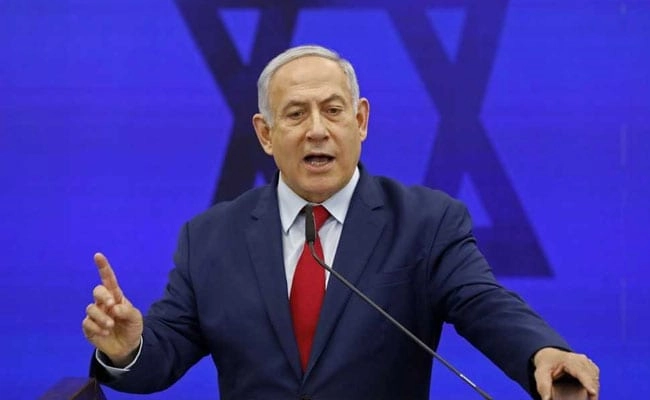Israeli Prime Minister Benjamin Netanyahu’s recent attempt to dismiss the chief of the country’s security agency has ignited a significant political controversy, reflecting the ongoing tensions within the Israeli government and its security apparatus. The proposed dismissal of the director of the Israel Security Agency (Shin Bet), who has been a prominent figure in overseeing national security, has raised alarms among various factions in the government and the public alike. Critics argue that such a move could undermine the integrity of the security establishment at a time when Israel faces numerous threats, both domestically and from neighboring regions.
Netanyahu’s motivations for seeking this change appear rooted in a desire to consolidate his power and influence over the security services, especially in light of recent criticism regarding his handling of security issues. The prime minister has faced mounting pressure from his political opponents and civil society, particularly after a series of security incidents that have heightened public concern. By attempting to replace the Shin Bet chief, Netanyahu seems to be signaling a shift in his approach to national security, which could have far-reaching implications for Israel’s internal stability and its relationships with other nations.
The fallout from this proposed dismissal has been swift, with numerous stakeholders voicing their concerns. Lawmakers from various parties have expressed apprehension about the potential impact on Israel’s security framework, emphasizing the importance of maintaining a nonpartisan approach to security leadership. Moreover, former officials and security experts have warned that politicizing the head of the security agency could erode public trust in these institutions, which play a crucial role in safeguarding the nation. As the debate continues to unfold, it highlights the delicate balance that exists between political power, security measures, and public perception in Israel’s complex socio-political landscape.
As the situation develops, it remains to be seen how Netanyahu will navigate these turbulent waters and whether he will succeed in his bid to reshape the leadership of the security agency. The implications of his actions could have lasting consequences, not only for his administration but also for the broader security environment in Israel. The ongoing discourse surrounding this issue serves as a reminder of the intricate interplay between politics and security in a country that has faced persistent challenges throughout its history. Ultimately, the outcome of this controversy may redefine the relationship between Israel’s political leaders and its security institutions, shaping the nation’s approach to both internal and external threats in the years to come.




